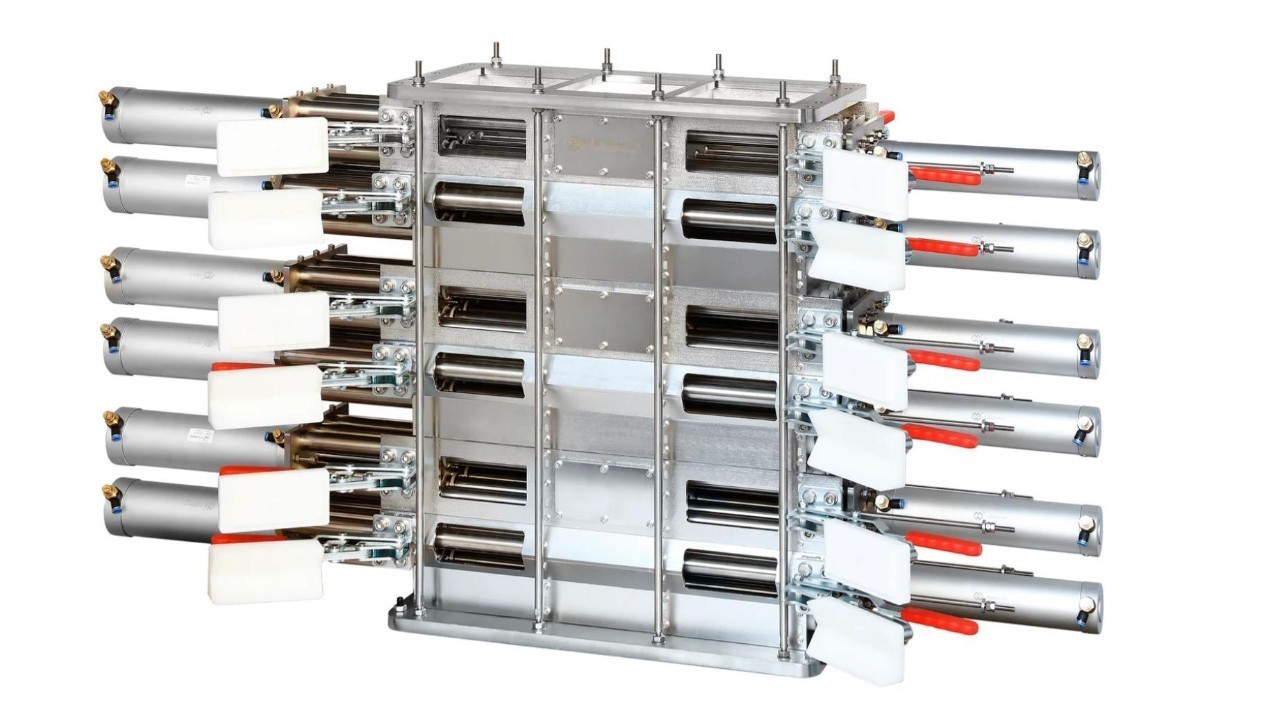When it comes to separating materials in industrial processes, choosing the right method can have a significant impact on efficiency, cost, and product quality. Magnetic separators and traditional separation methods, such as gravity, filtration, and centrifugal separation, are commonly used across various industries. Each approach has its own advantages, but magnetic separators offer unique benefits that make them an ideal choice for many applications. In this article, we will compare magnetic separators with traditional separation methods, focusing on their performance, efficiency, and suitability for different industries.
Comparing Magnetic Separators and Traditional Separation Methods
In industries where material separation is critical, the choice between magnetic separators and traditional methods like gravity, filtration, and centrifugal separation can impact efficiency, cost, and quality. Below, we compare these separation techniques to highlight their performance, operational efficiency, cost-effectiveness, and environmental benefits.
Separation Performance and Precision
Magnetic separators provide exceptional precision in removing ferrous contaminants, which traditional methods like gravity or filtration may not effectively capture. While gravity separation relies on density differences and is limited in its ability to separate fine or similarly weighted materials, magnetic separators use powerful magnetic fields to target and extract ferrous metals, ensuring a high level of separation precision even for fine particles. This makes magnetic separators ideal for industries like food processing, pharmaceuticals, and mining, where maintaining product purity is critical.
Operational Efficiency and Speed
Magnetic separators offer continuous operation without the need for frequent manual intervention, making them highly efficient for large-scale processes. Unlike traditional methods like centrifugal separation or filtration, which often require regular cleaning, maintenance, or filter replacement, magnetic separators run with minimal downtime. This ensures high throughput and consistent separation, contributing to smoother and more efficient operations in industries with high production demands. The ability to process materials quickly and continuously is a key advantage of magnetic separators over traditional techniques.
Cost-Effectiveness and Maintenance
Though magnetic separators typically require a higher initial investment compared to traditional methods, they tend to be more cost-effective in the long run due to their low maintenance and extended service life. Traditional methods such as filtration or centrifugal separation can incur higher operational costs, requiring frequent maintenance, replacement of components, and manual cleaning. In contrast, magnetic separators operate with minimal upkeep, reducing labor and repair costs over time. This makes them a more economical choice for businesses looking to maximize efficiency and reduce ongoing operational expenses.
Environmental Impact and Sustainability
Magnetic separators play a significant role in improving sustainability by promoting the recovery and reuse of valuable metals, particularly in recycling operations. Their ability to efficiently separate ferrous materials reduces waste and supports resource conservation, contributing to a circular economy. Traditional methods, such as gravity or filtration, may not recover valuable metals as effectively and can sometimes result in higher energy consumption or increased waste. Magnetic separators, therefore, offer a more environmentally friendly solution by enhancing material recovery and minimizing the environmental footprint of industrial operations.
Versatility Across Different Industries
Magnetic separators are versatile and can be used in a wide range of industries, including food processing, pharmaceuticals, mining, and recycling. They can handle both dry and wet materials, making them suitable for diverse applications, from powders to liquids and slurries. In contrast, traditional methods are often more specialized—gravity separation is best for bulk materials, filtration is ideal for liquids, and centrifugal separation works for slurries. Magnetic separators offer greater flexibility, making them a more adaptable and reliable solution for varied industrial needs.


